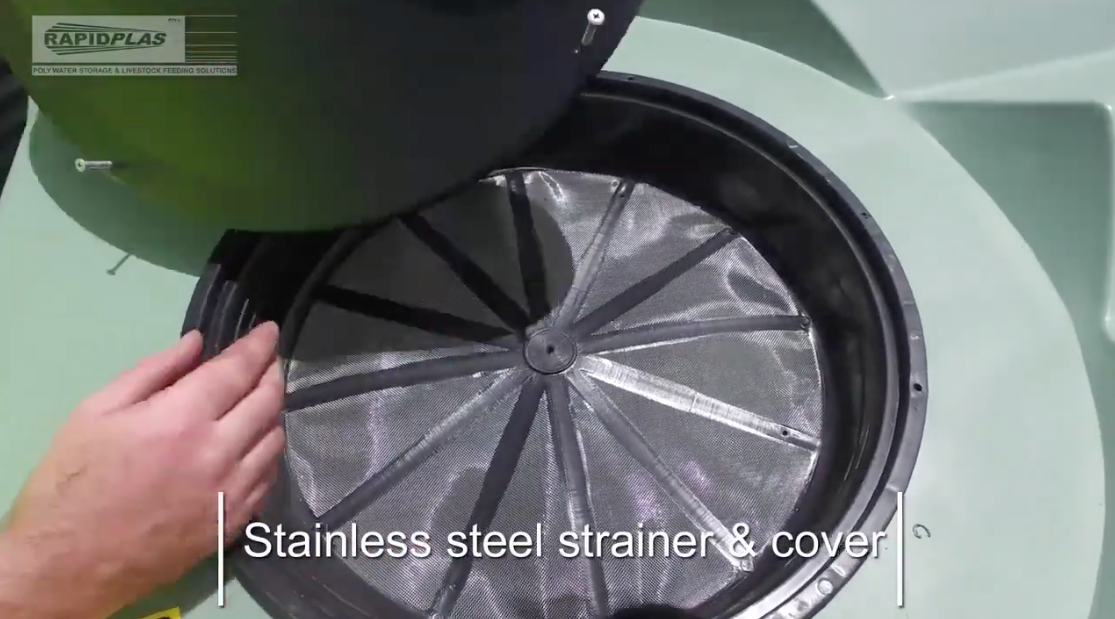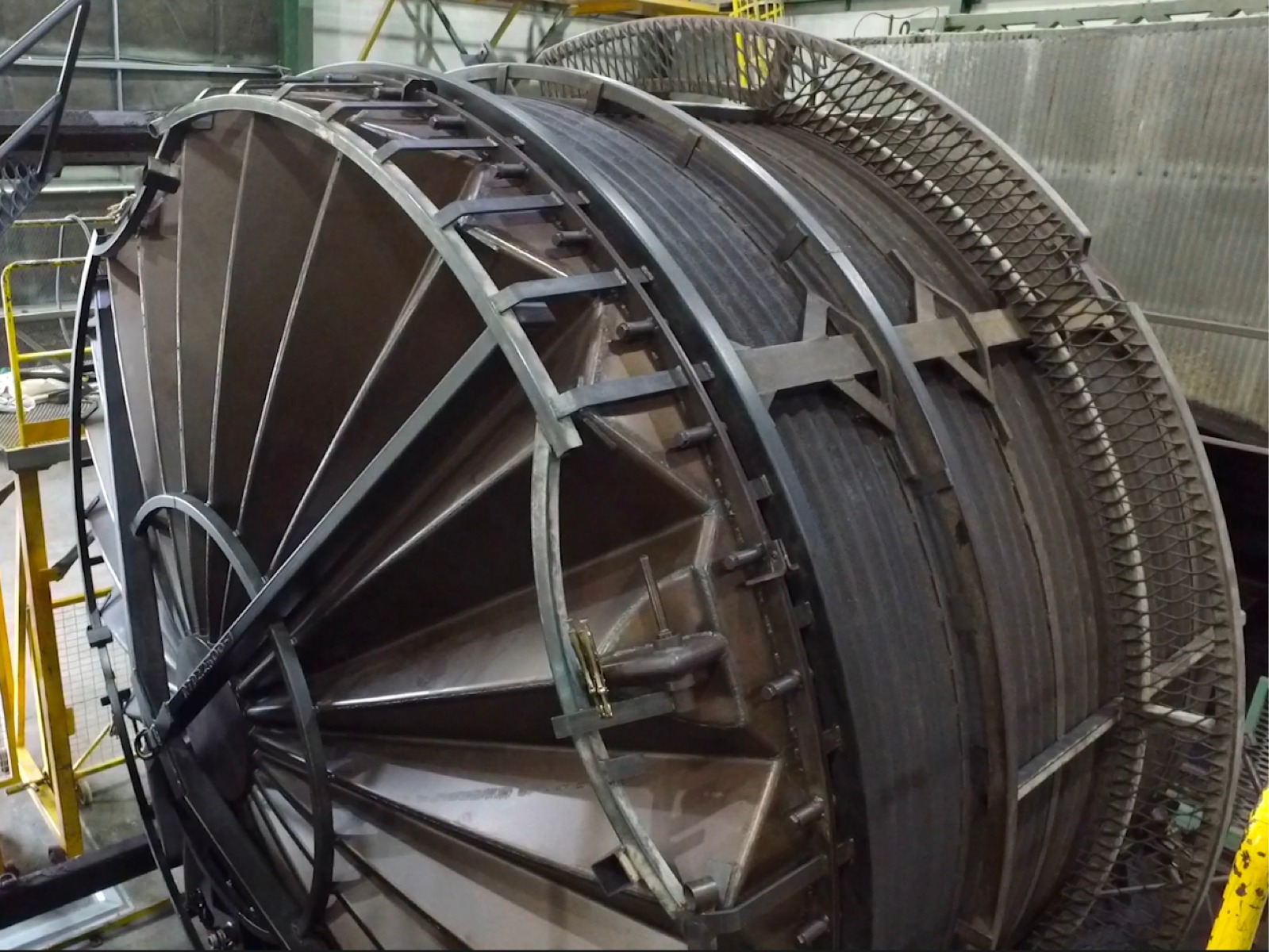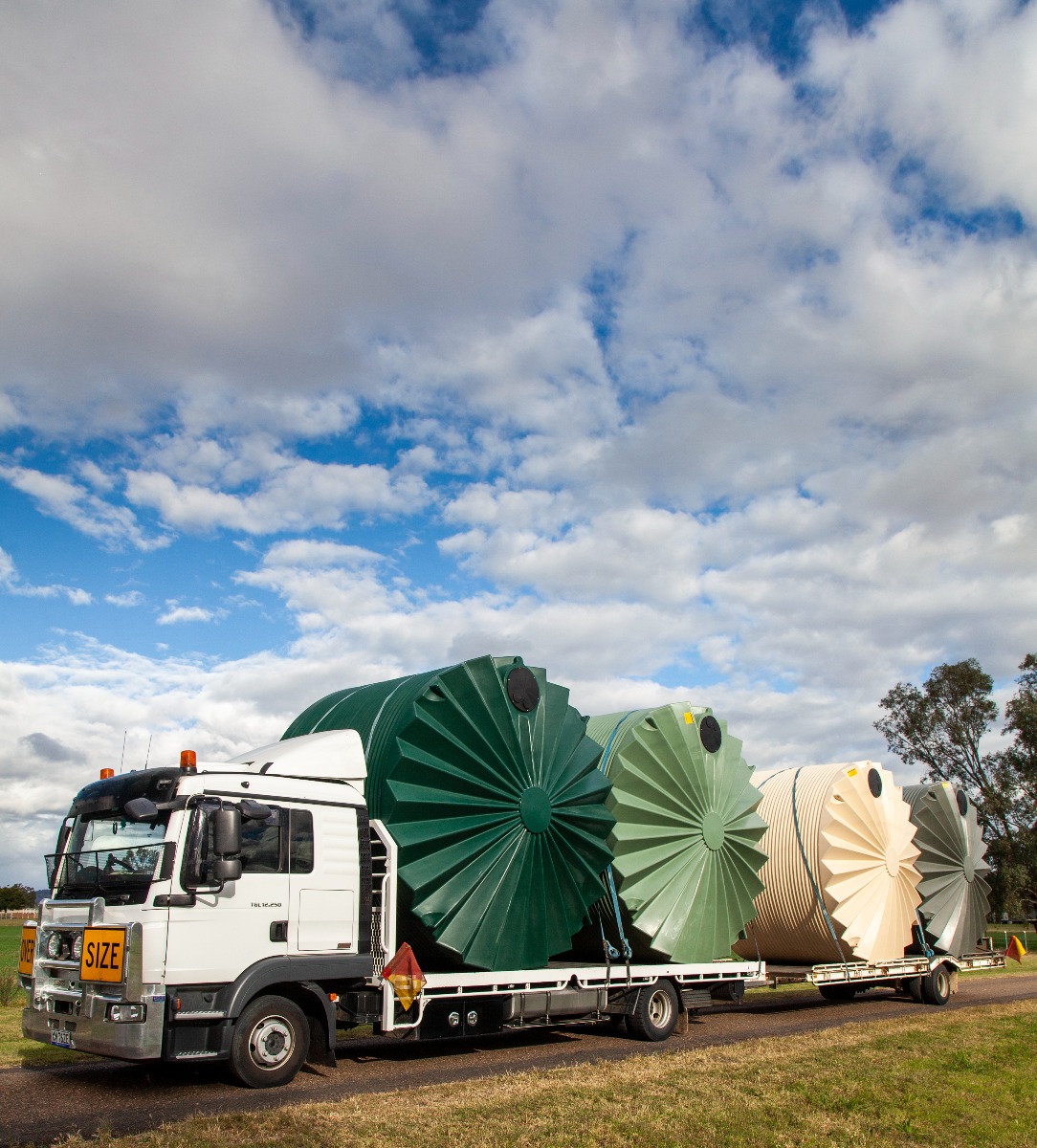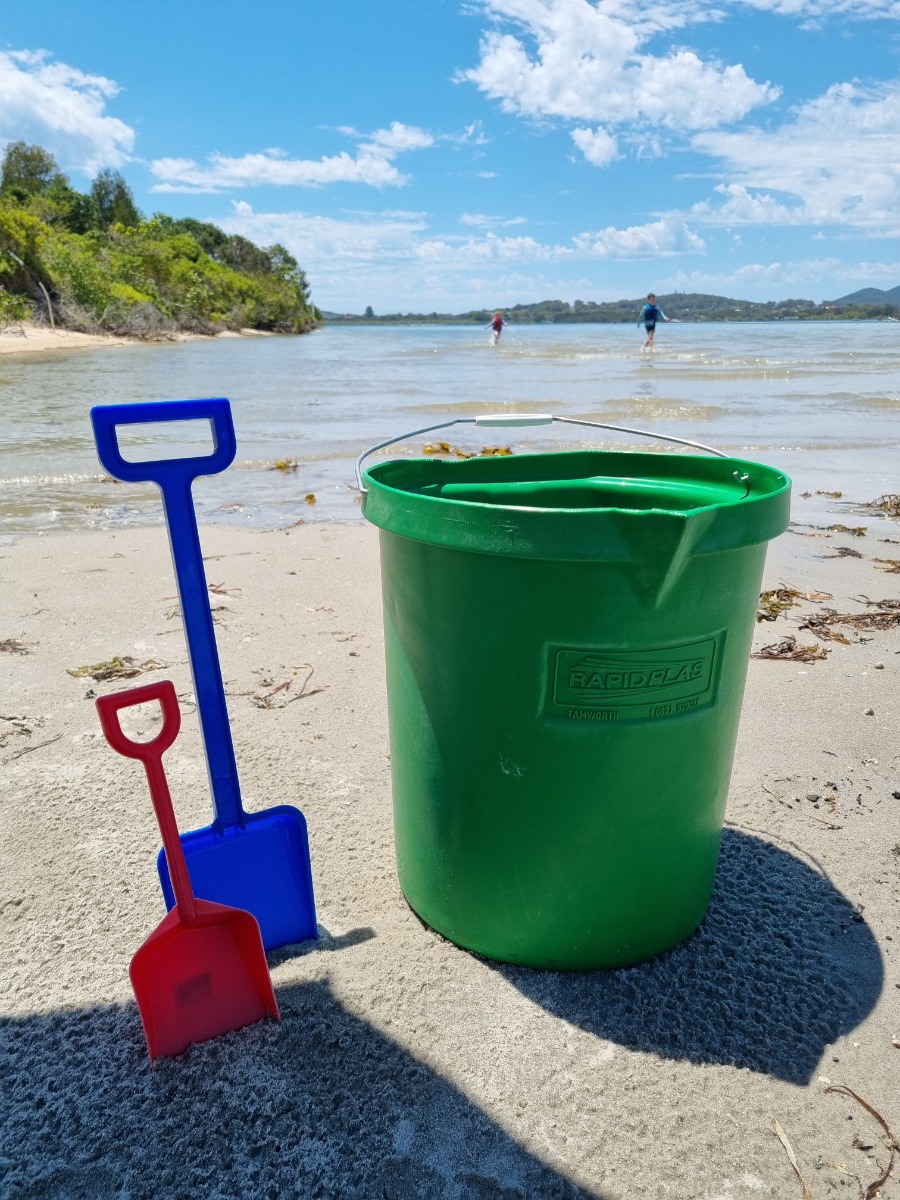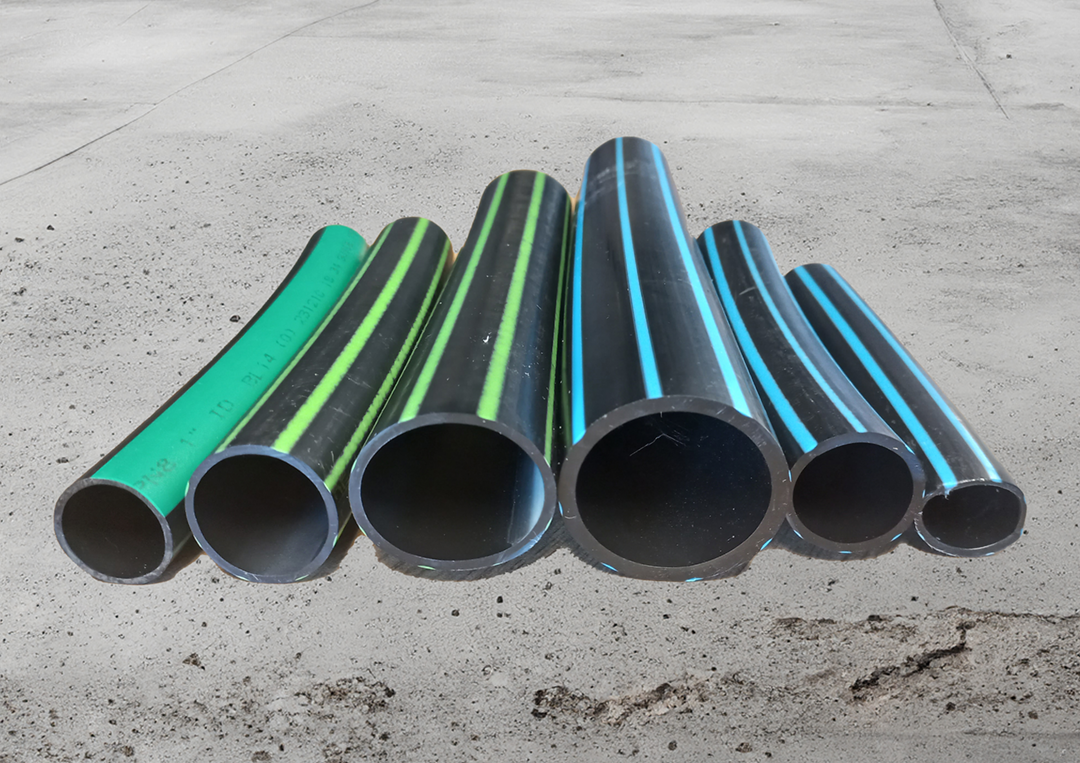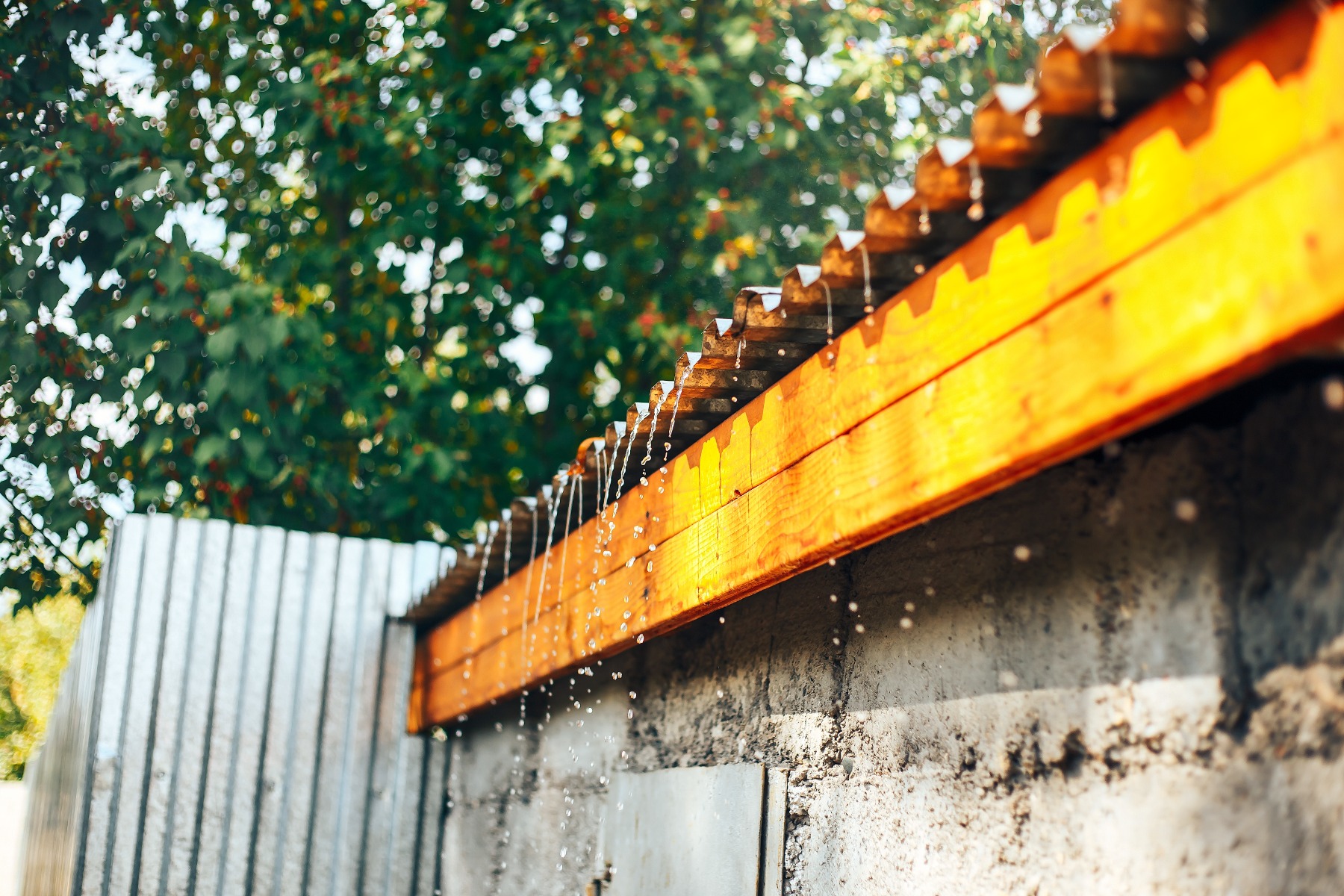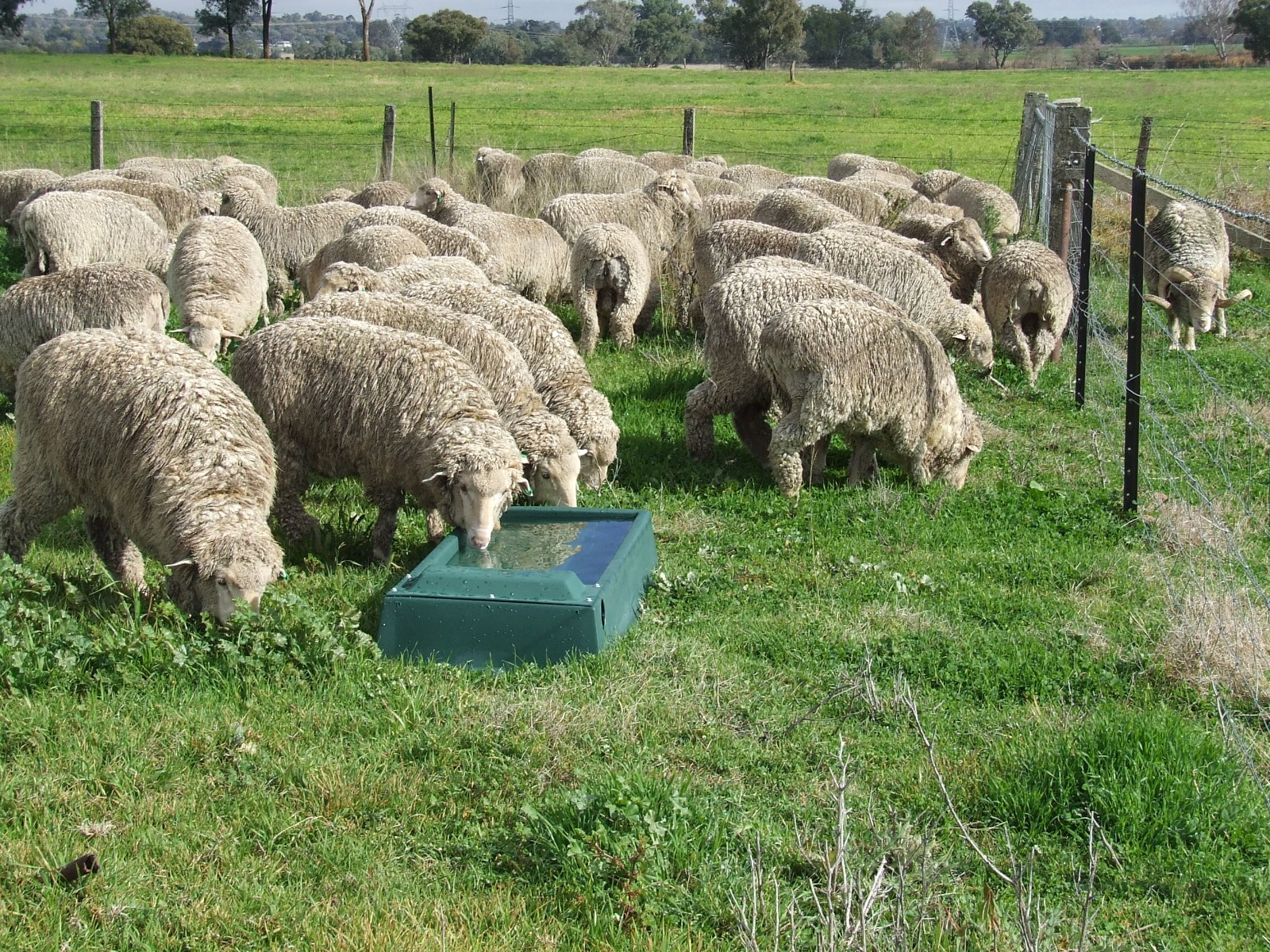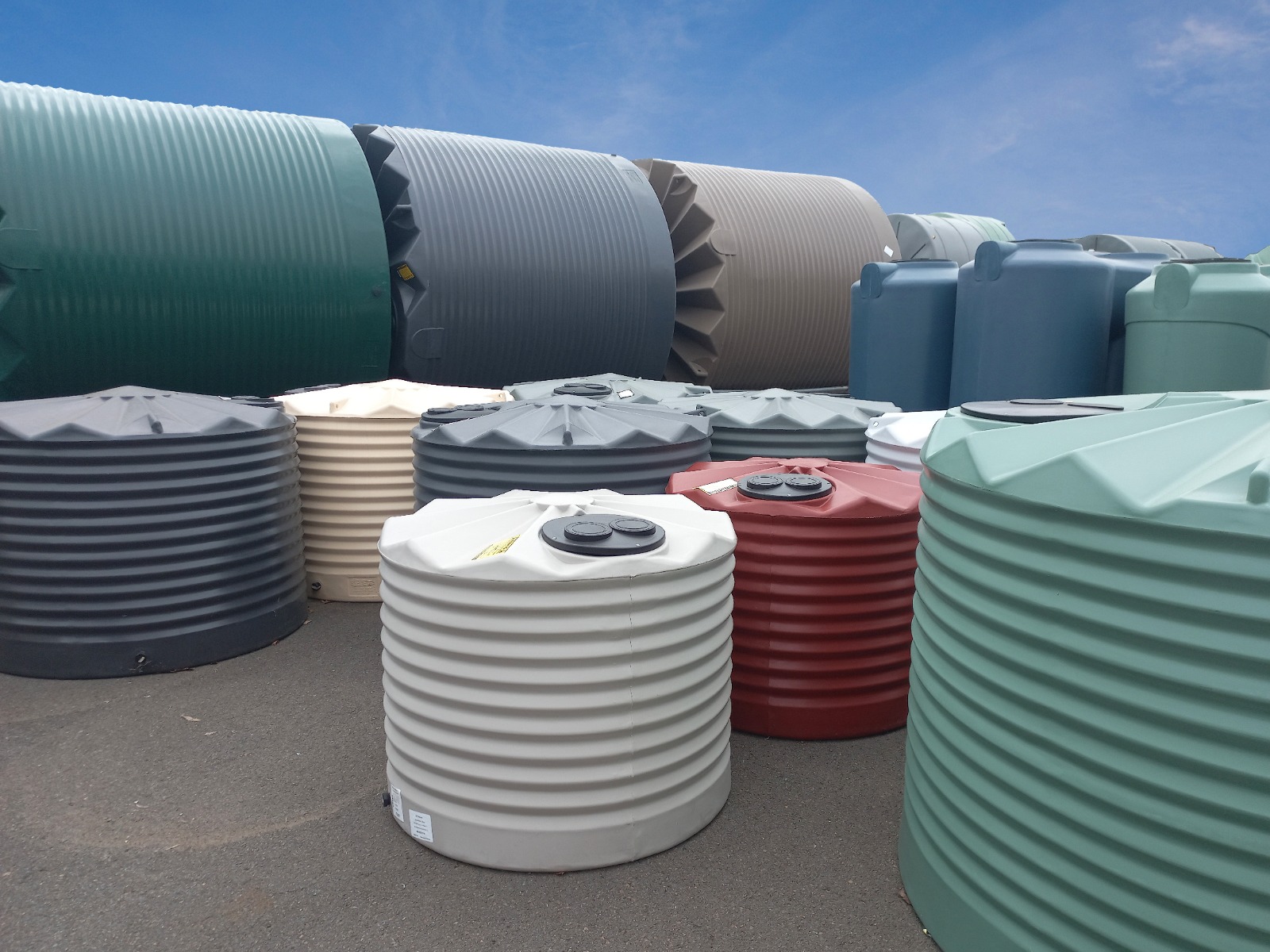Still water is essential to the breeding cycle of mosquitoes.
The female mosquito lays her eggs on water, and they float on the surface until ready to hatch. The eggs hatch into larvae, called wigglers, that live under water and feed on organic matter in the water. Periodically, the wigglers come to the surface and suspend themselves from the water’s surface tension and use a special siphon to breath air.
If the water is flowing or not still, the eggs will be washed away, and the larvae will be disturbed and cannot feed or breathe and will die.
If conditions remain favourable, the larvae pupate. The pupa, also called tumblers, remain in water, but they no longer feed and, after a few days, will shed their pupal casings and emerge as an adult mosquito and quickly fly away.
Mosquitoes look for standing water, preferably shaded and a place to hide, and that’s why eliminating access to standing water is one of the simplest and most effective forms of mosquito control.
Two of the most common breeding grounds for mosquitoes are water tanks and clogged gutters.
CSIRO researchers measured mosquito survival and development during simulated Brisbane winter conditions in rainwater tanks and buckets and found that 70 per cent of mosquito larvae survived to adulthood in water tanks and 50 per cent in buckets.
CSIRO noted that ‘… it’s important to be aware that if your rainwater tanks are not maintained properly, they could become a breeding ground for mozzies bringing with them potentially serious implications for Australian public health.’
In Queensland, all new tanks must be fitted with mosquito-proof screens and/or flap valves on every opening, including overflows. The screens must be made of brass, copper, aluminium, or stainless-steel gauze, have a mesh size of 1mm or less, installed in a way that does not cause or accelerate corrosion, and stops mosquitoes passing through the openings. Flap valves must be able to stop mosquitoes passing through the openings when they are closed. Queensland residents can be fined up to $225 on the spot for failing to keep a tank mosquito proof. Northern Territory and Western Australia have similar legislation.
If you are purchasing a rainwater tank, you should check with your local council to see if you need to mosquito-proof it. Gutter mesh systems are the best way to ensure that your gutters remain leaf free, and water can drain easily.
Rapid Plas can supply all the necessary mozzie defences to comply with state and territory legislation and include fine mesh strainers on top of the tank, a tight-fitting dust cover that serves as a physical barrier to mosquitoes, and the discharge-end of the overflow pipe is fitted with a screen that is a barrier to insects.
Once installed, you should regularly inspect your tank to make sure that the sieves covering the entrance and overflow are intact and undamaged, and that there are no gaps or holes. Similarly, you should periodically inspect the gutter mesh to ensure it is intact and undamaged. Lastly, you should check that first-flush devices are draining properly.
If you want to find out more about rainwater collection without the nuisance of mozzies, talk to our expert team to find out how we can help you. Call our team on 1800 816 299 or email sales@rapidplas.com.au with your enquiry.


